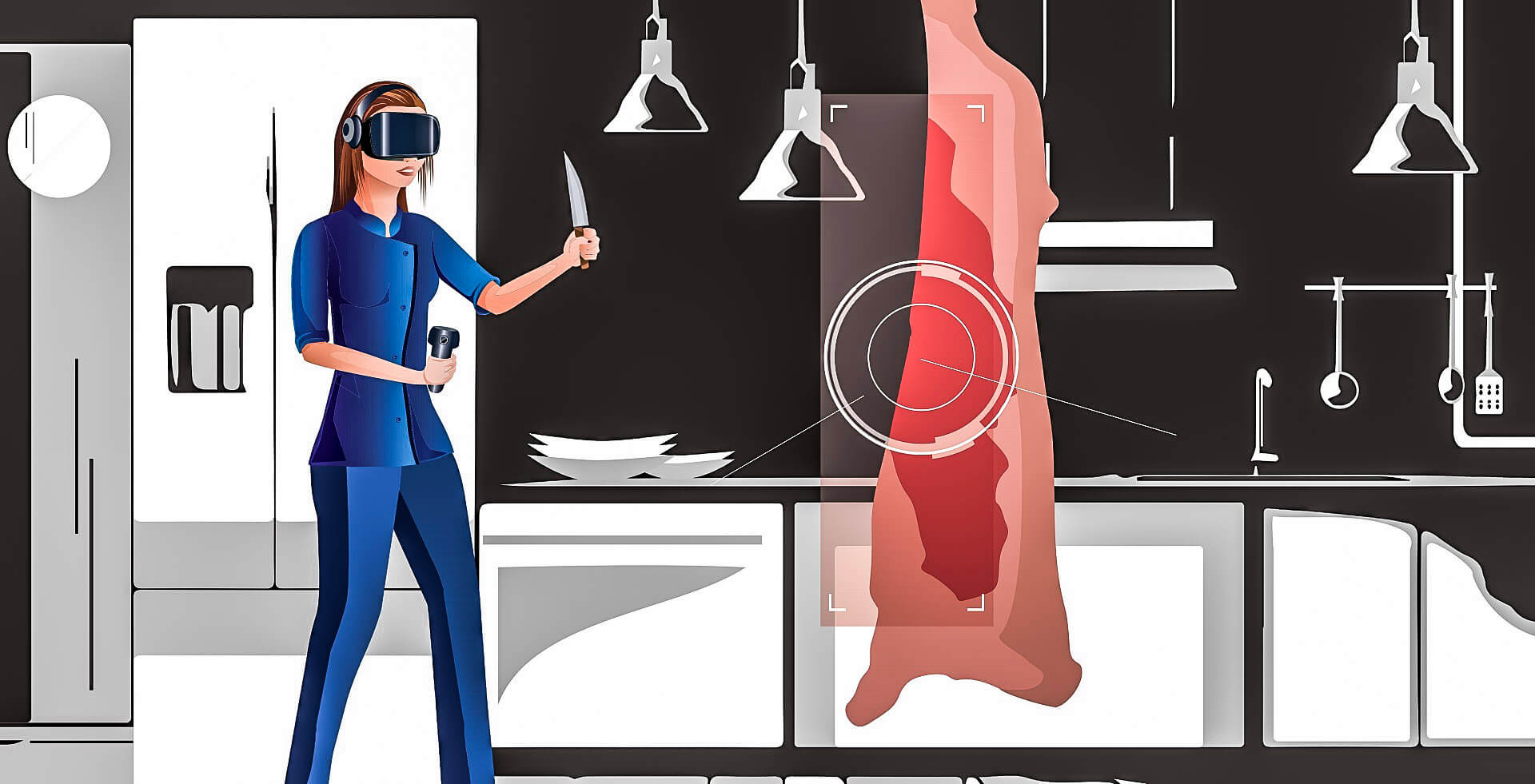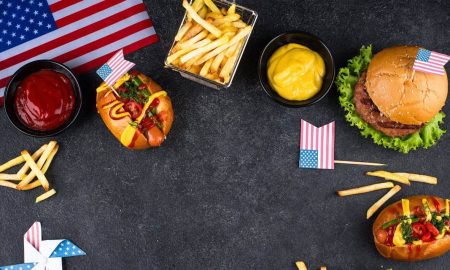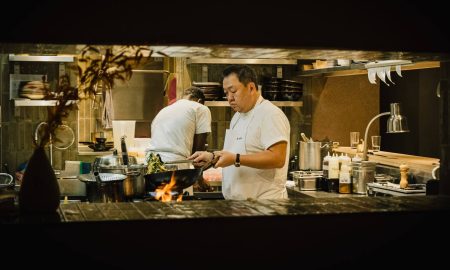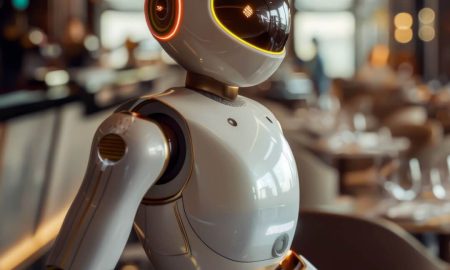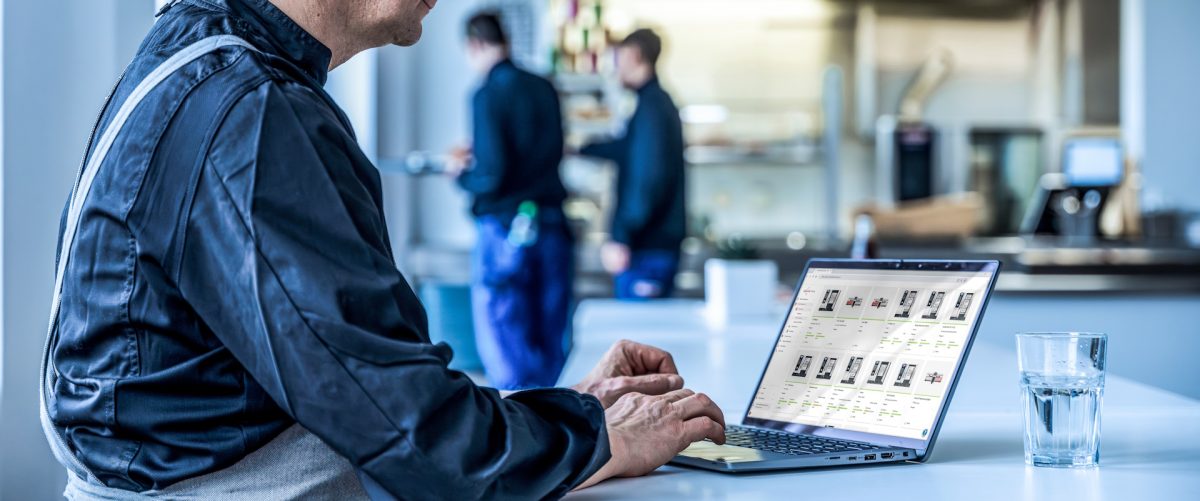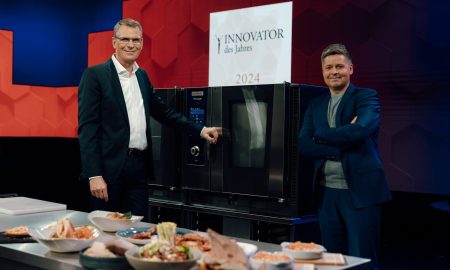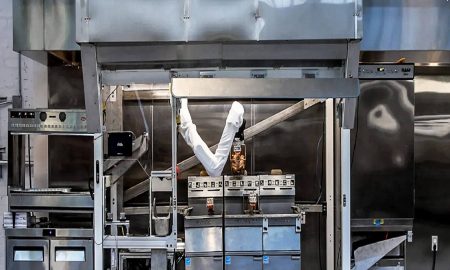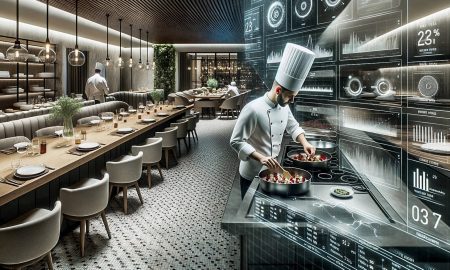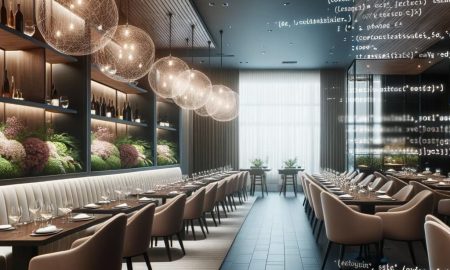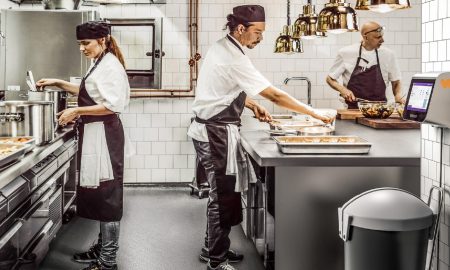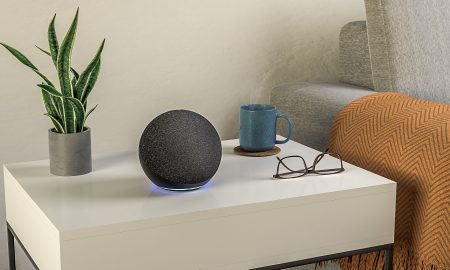The topic triggers a battle of facts and figures. For example, that Mark Zuckerberg (Meta) wants to attract one billion people to the metaverse by 2031. Or that his Oculus Quest 2 virtual reality glasses already sold 10 million times towards the end of 2021. But also that the Meta shares surprisingly plummeted at the beginning of 2022. It’s not easy to predict where virtual reality, that complete dive into another world, is today.
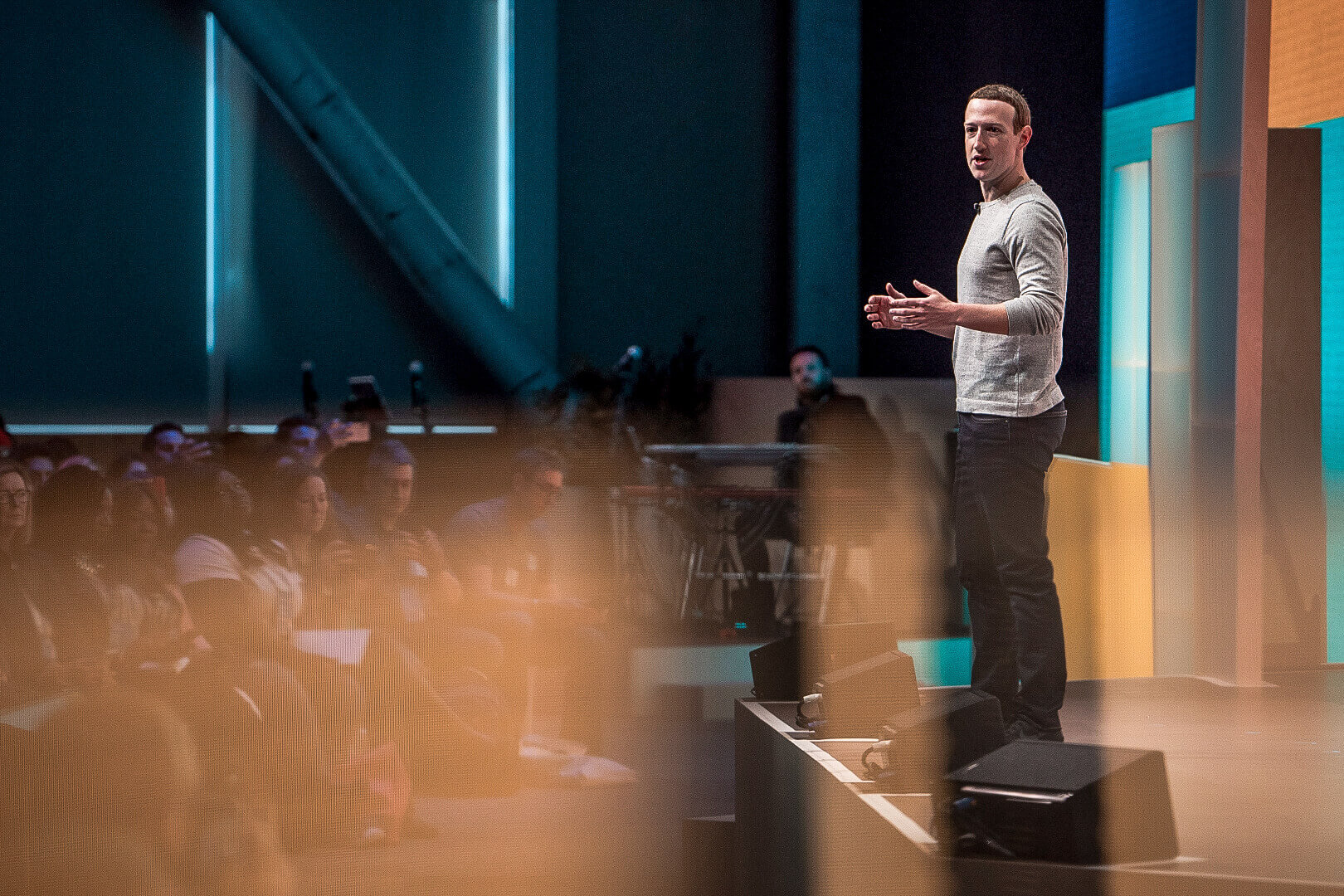
Meta CEO Mark Zuckerberg | Image: META
In the gastronomy and hotel industry, the “immersive” technology has been used in the high-end sector for some time now – for example, the Le Petit Chef chef event series generates revenue in hotel restaurants from Dresden to Riyadh. The Maldives resort “Soneva Fushi” invites guests who have remained at home due to Corona to go on a discovery tour, and on Silversea Cruises’ Galapagos ship guests prepare for their trip ashore in the base camp using a virtual reality headset. These are just random examples to show what is possible. Why not offer virtual reality tours in the neighborhood as a hotelier – which perhaps even takes you back in time to discover the history of the place? It’s possible to do, and it would also have a definite wow factor.
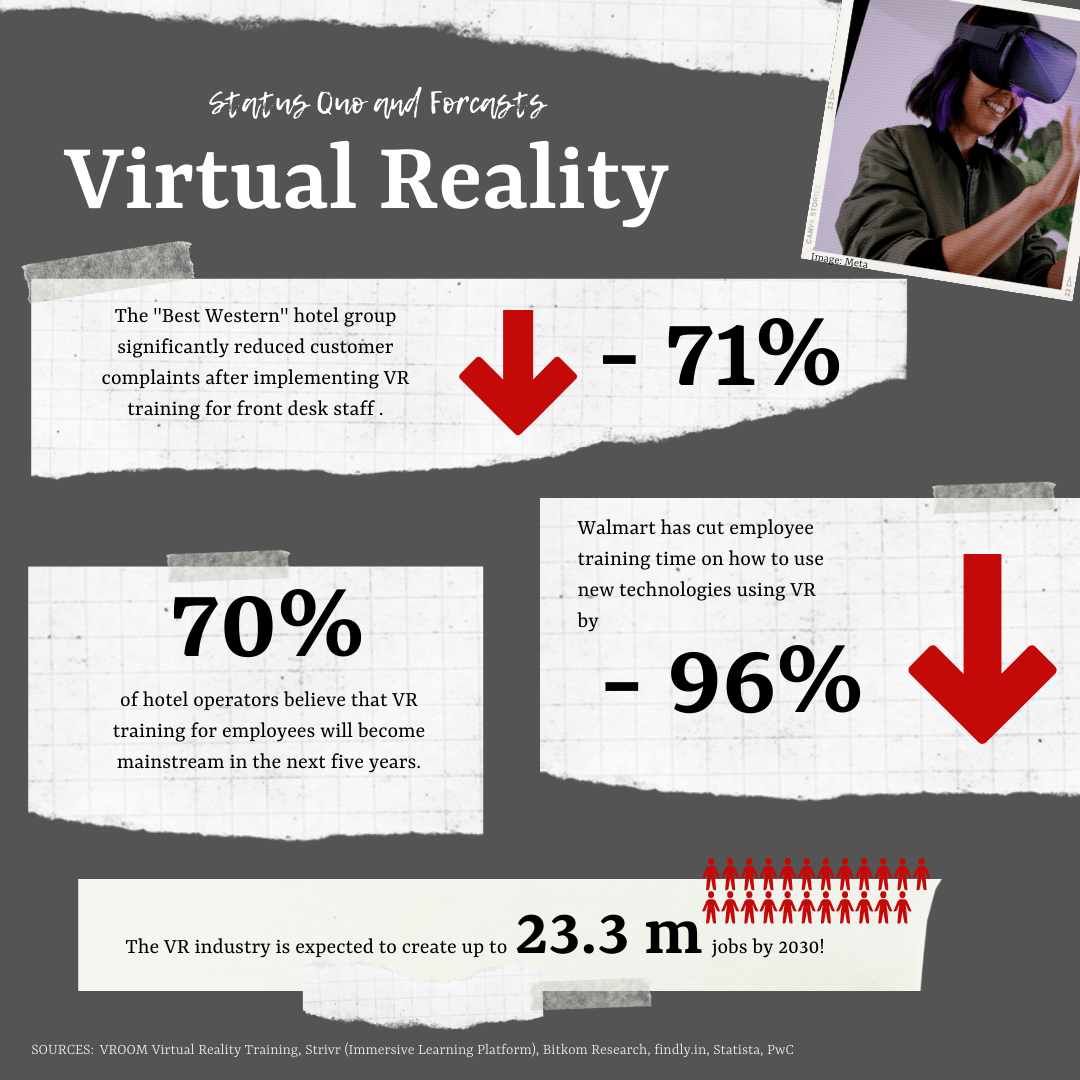
Facts and figures on virtual reality | Image: KTCHNrebel
Learning by virtual doing
Perhaps even more exciting for the industry: Using virtual reality in training! On the international level, chains such as Hilton and Best Western are leading the way, but it can also be done on a smaller scale. For example, the Vienna Board of Trustees for Retirement Homes. This is where trainee chefs learn how to cut meat using a headset and hand controller. The cuts can be repeated until they really sink in – not only does this teach the craft, it also teaches respect for farm animals.
Another exciting example is GastroVR, a slash service product that recently moved from prototype to beta. Lieblingsbar in Hanover was the first partner that will use the application daily. “We can now include new ones,” says Tim Mittelstaedt from “timmersive.” About the project at Lieblingsbar: “In the GastroVR application, we have integrated artificial intelligence that recognizes voice and pronunciation. Only when the expressions in the respective step of the service chain are correctly identified by the system, in other words, when they have been pronounced clearly and distinctly, does the VR exercise move on to the next step.
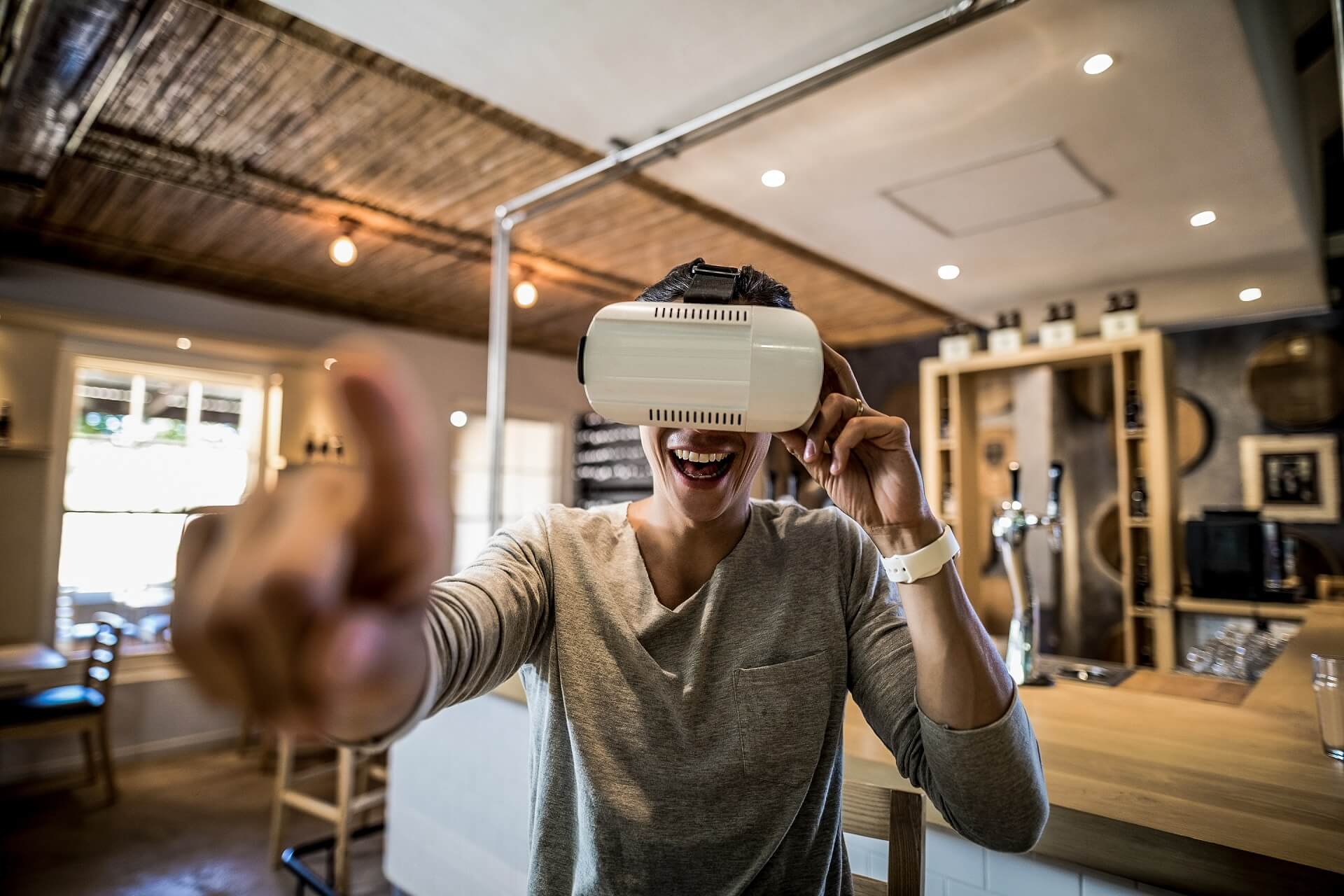
Image: AdobeStock | wavebreak3
In particular, GastroVR should promote the integration of refugees. However, it is also designed to quickly integrate temporary staff into the service chain who are only there for a weekend, for example. The immersion, that is, the feeling of actually being in the location and actively speaking, promotes learning success.” An important point: the lessons are custom-made. For the time being, at least, GastroVR is not a platform everyone can adjust themselves. Mittelstaedt believes that the needs in the hotel and gastronomy industry vary from company to company. However, one thing is clear: the industry has been badly shaken by Covid-19, and good personnel are even harder to find today than they used to be. Immersive learning can help position you as an attractive employer.
What is the metaverse?
The metaverse is a virtual space where users move around with the help of avatars. In this space they can interact with and use virtual artifacts, such as putting on clothes, building a house and furnishing it, opening a door and stepping out into the street to meet fellow players and like-minded people. As in the real world, you can live, work, learn, trade, have conversations and build relationships. (Source: “Gable Business Dictionary”)
Sieh dir diesen Beitrag auf Instagram an
McDonalds is currently creating a restaurant in the metaverse. While in the metaverse, a player could go to a digital restaurant and order food. This is then delivered to the front door offline, in other words, in the real world.
Artificial intelligence – part of the new reality in foodservice
Not necessarily linked to virtual reality. With its Fact Advisor , the Austrian start-up Fact AI can help the hotel industry.
More facts about virtual reality:
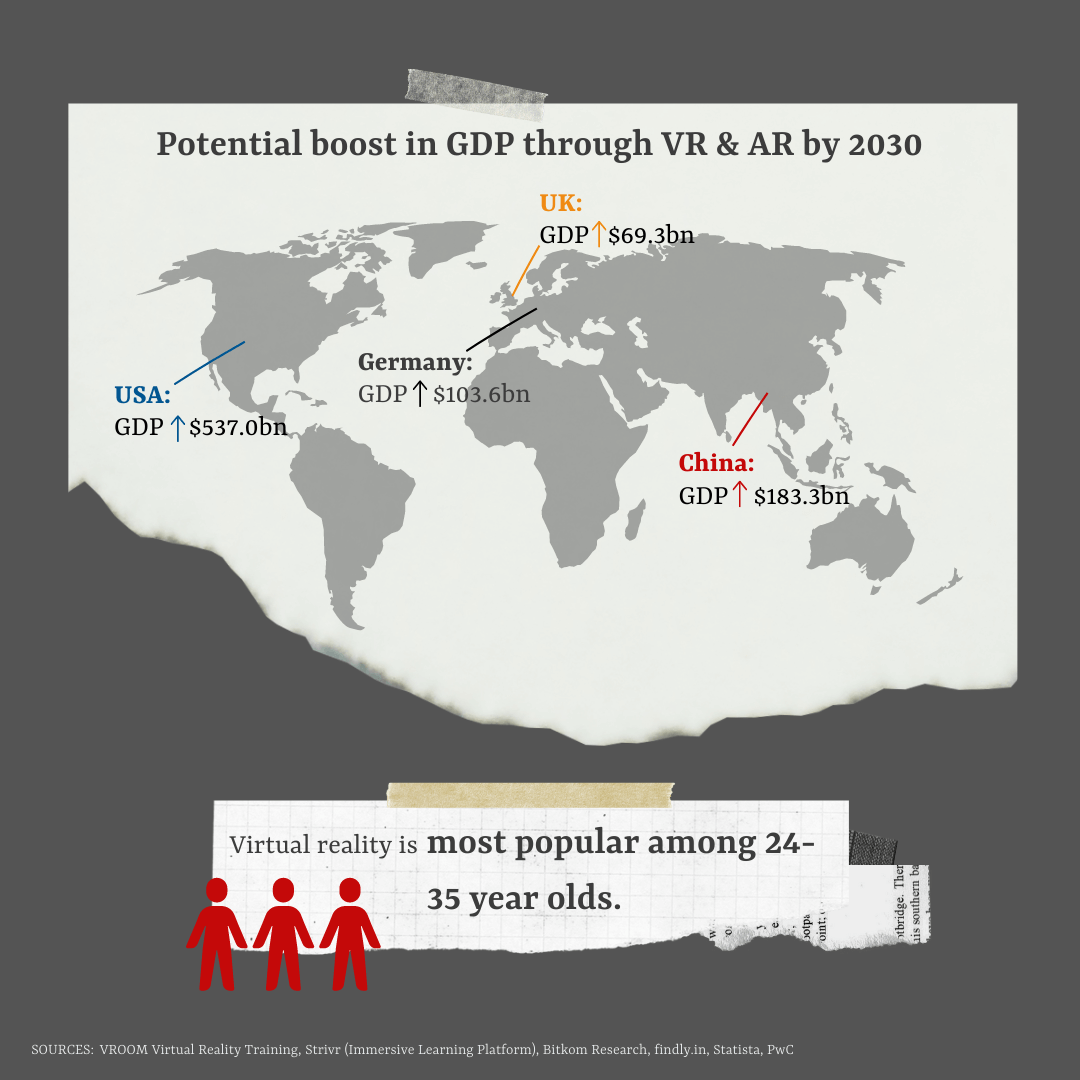
Image: KTCHNrebel


